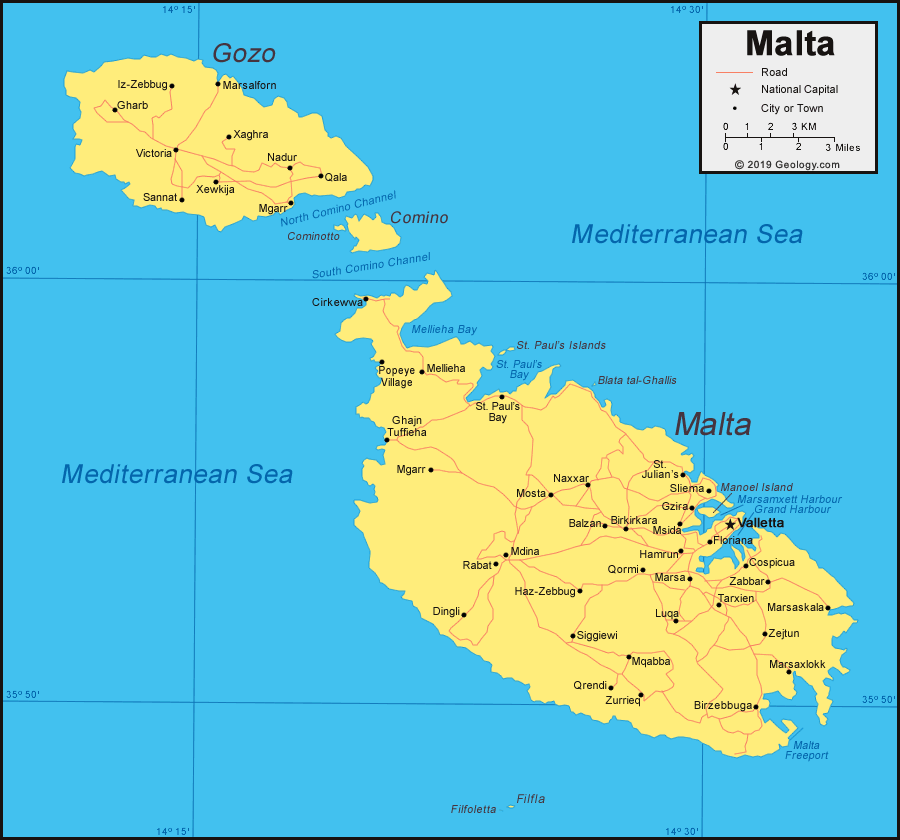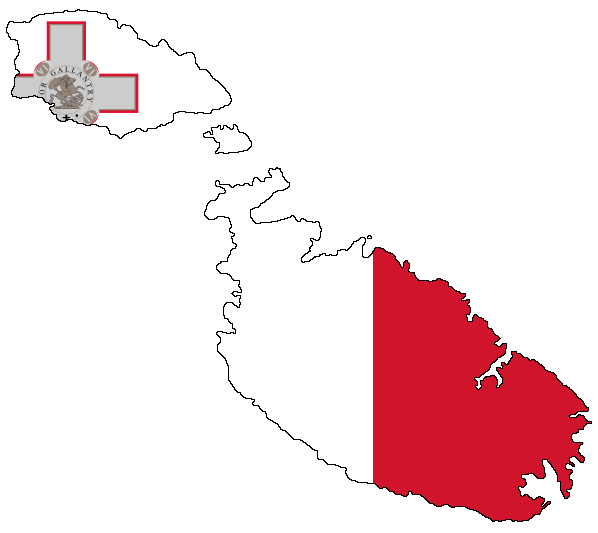I. Introduction
Malta’s national librarian has recently expressed an interest in cultural cooperation with China, highlighting the potential benefits of increased exchange and collaboration between the two countries. This article will explore the importance of cultural exchange and cooperation in promoting mutual understanding and collaboration, and the significance of libraries and information services in these efforts.
II. Background
Malta has a rich cultural landscape with a long and varied history. The country has been influenced by a range of different cultures, including the Phoenicians, Romans, Arabs, and British. In recent years, Malta has also developed a strong relationship with China, with increasing numbers of Chinese visitors to the island and growing economic ties between the two countries.
Libraries and information services play a crucial role in cultural exchange, as they provide access to a wealth of information and resources. They can also act as a hub for community events and initiatives, bringing together people from different backgrounds and promoting cross-cultural understanding.
Preserving and promoting cultural heritage is also important for fostering understanding and appreciation of different cultures. This includes not only preserving physical artifacts and heritage sites, but also promoting the intangible cultural heritage of a country, such as music, dance, and folklore.
III. Interview highlights
In a recent interview, Malta’s national librarian emphasized the importance of cultural cooperation with China, citing the potential benefits of increased exchange and collaboration. The national librarian highlighted several areas of potential cooperation, including book exchanges, exhibitions, and professional development opportunities.
Language is a critical tool for cultural exchange, and the national librarian acknowledged the challenges of translation and interpretation. To address this, the national librarian suggested establishing a team of professional translators and interpreters to support cultural exchange initiatives.
IV. Benefits of cultural cooperation
Cultural exchange and cooperation can have numerous benefits for both Malta and China. Increased understanding between the two countries can lead to increased economic opportunities and strengthened diplomatic relations. Cultural exchange can also help to break down stereotypes and promote tolerance and appreciation of different cultures.
Many countries have successfully implemented cultural exchange initiatives in the past, such as the British Council’s cultural relations program. Such programs have helped to promote collaboration and understanding in a range of different fields, from the arts and culture to education and science.
V. Challenges and obstacles
There are inevitably challenges and obstacles to cultural cooperation, such as political or social differences, funding, and logistical concerns. However, these can be overcome with careful planning and collaboration. For example, establishing a clear framework for cooperation and identifying specific goals can help to focus efforts and overcome potential challenges.
VI. Future prospects
Despite the challenges, there is significant potential for future cooperation and exchange between Malta and China. The national librarian highlighted several specific initiatives that are currently being planned, including a book exchange program and a cultural heritage exhibition.
Ongoing dialogue and collaboration will be key to promoting cultural exchange and understanding, not only between Malta and China, but also between countries and cultures around the world.
VII. Conclusion
In today’s globalized world, cultural exchange and cooperation are more important than ever. By promoting mutual understanding and collaboration, we can build stronger diplomatic, economic, and social ties between countries and cultures. Libraries and information services have a crucial role to play, providing access to information and resources and promoting cross-cultural understanding. Through ongoing dialogue and collaboration, we can continue to promote cultural exchange and build a more peaceful and inclusive world.
FAQ:
Q: What are the potential benefits of cultural exchange and cooperation?
A: Cultural exchange and cooperation can lead to increased understanding between different countries and cultures, increased economic opportunities, and strengthened diplomatic relations. They can also help to break down stereotypes and promote tolerance and appreciation of different cultures.
Q: What are some potential challenges to cultural cooperation?
A: Challenges to cultural cooperation can include political or social differences, funding, and logistical concerns. However, these challenges can be overcome with careful planning and collaboration.
Q: What role do libraries and information services play in cultural exchange?
A: Libraries and information services provide access to a wealth of information and resources, and can act as a hub for community events and initiatives, bringing together people from different backgrounds and promoting cross-cultural understanding. They are a vital tool for promoting cultural exchange and cooperation.










